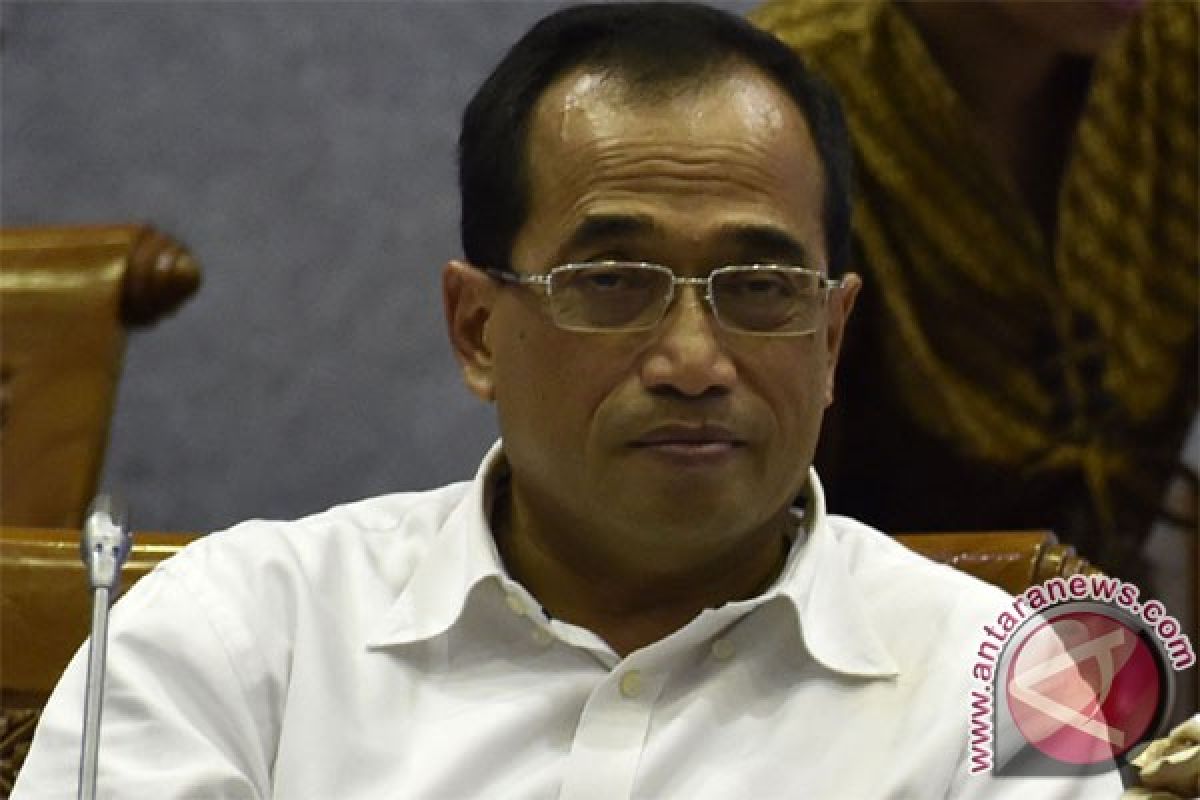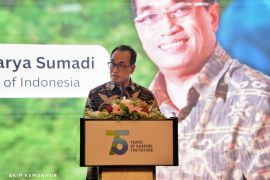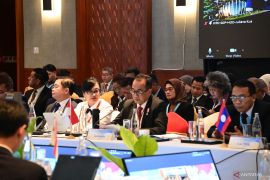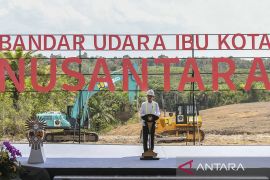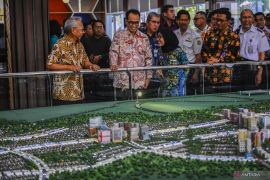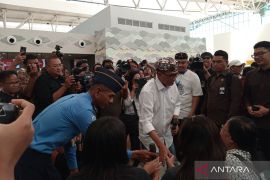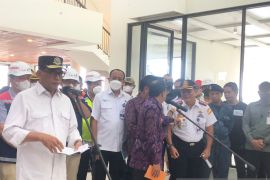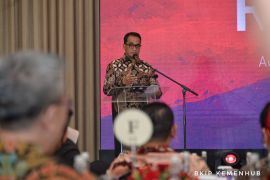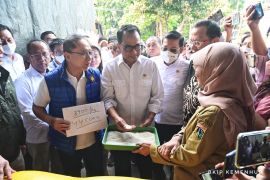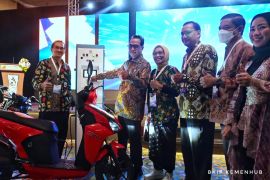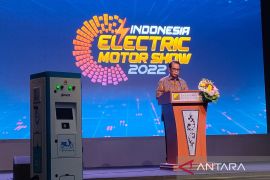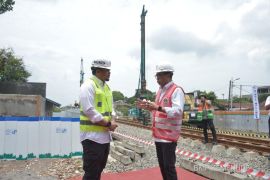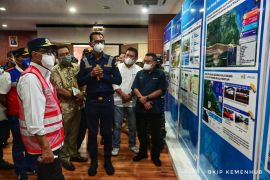Indonesia`s railway industry has a long history, going back over 150 years."Jakarta (ANTARA News) - Indonesia needs to focus on exploring new digital technologies in its railway operations to make its services more accessible.
The railway management needs to work towards more efficiency, higher productivity and better security for both, the industry and passengers.
"Indonesias railway industry has a long history, going back over 150 years. It significantly contributed to the countrys development and growth, especially in the Java and Sumatra areas. Now, it needs to focus on developing digital technologies," Minister of Transportation Budi Karya Sumadi told a symposium organized by PT Kereta Api Indonesia (Indonesian Railway Corp.) and GE Transportation in Jakarta on Monday.
The symposium, held to boost the countrys railway operations, was attended by over 200 senior executives and officials from the Ministry of Transportation, the Ministry of Trade, the Ministry of Industry, the Indonesian Railway Corp, GE Transportation, Jakarta Mass Rapid Transit, PT Transportasi Jakarta (TransJakarta), the Transportation Organization Board for the Jakarta, Bogor, Depok, Tangerang and Bekasi (Jabodetabek) Area and the Mandiri Bank.
"Indonesian railway has become the backbone of the land transportation system in the country, carrying over 200 million passengers and almost 30 million tons of cargo every year," the minister revealed.
As per available data, Indonesia currently operates approximately 5,000 kilometers of active railway tracks.
As part of the National Railway Master Plan, Indonesia will extend its railway tracks for another 12,100 kilometers by 2030, including 3,800 kilometers dedicated solely to the urban railway network, serving Bali, Batam, Kalimantan, Papua and Sulawesi.
"With an abundance of natural resources, massive population and solid economic foundation, Indonesia is predicted to become one of the seven countries in the world with the strongest economy by 2030. To actualize that vision, Indonesias railway system surely needs to be expanded and modernized to make it much more efficient," the minister remarked.
Meanwhile, the President of the Indonesian Railway Corp, Edi Sukmoro, pointed out that in todays world, all means of transport, including land, water and air, need to be optimally operated to provide high quality services to the customers while, at the same time, offering a high investment value for the stakeholders.
"For the Railway Corp, this means optimizing the use of all of our assets from railway tracks to rolling stocks and other supporting facilities. We believe that the digital technology will help us in reaching that goal," Sukmoro stated.
In terms of technology utilization, the Railway Corp has also undergone various innovations to maximize services made available to the customers including a renewal of the ticketing system. Customers no longer need to queue up at the station to obtain their railway passes as the company makes use of information technology.
The facility of e-ticketing and e-gate as well as the railway restoration services have also seen technology based solutions being applied.
The passengers will be able to pre-order tickets through a website.
CEO of GE Indonesia Handry Satriago said the company has helped resolve the toughest challenge in the global railway industry through the use of software and data analysis, bringing down locomotive emissions, ensuring lower fuel consumption and enhancing speed and security.
GE Transportation networks software is able to optimize the mainline train network, classification yard and inter-model terminal in such a significant way that it boosts the railway systems efficiency and productivity to a level like never before.
On top of that, GE Transportations software solution helps its customers in optimizing the railways operations while at the same time lessening the use of energy. This ultimately leads to lowering of emissions and fuel costs.
"Our digital technology has been successfully implemented by our customers, despite the fact that some of them are operating in economically and geographically challenging conditions. The same technology can also be implemented in Indonesia to boost the countrys railway operations to the next level," he concluded.
(Reported by Royke Sinaga/Uu.KR-ARC/INE/KR-BSR/A014)
Editor: Priyambodo RH
Copyright © ANTARA 2016
